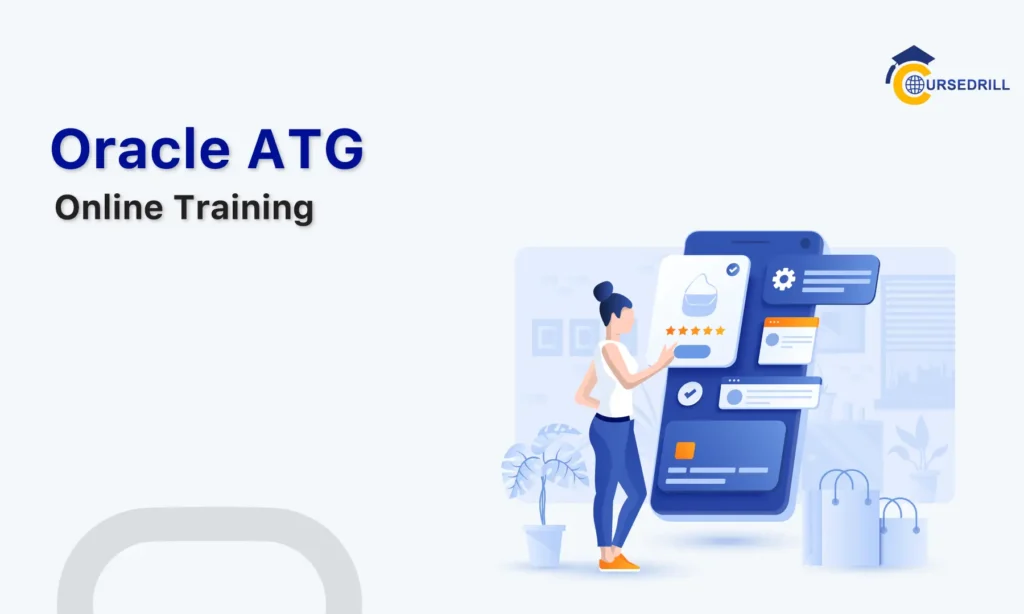- Posted on
- admin
- No Comments
How to create your own Plinko game for iOS?
When learning to program, one of the most visual and interesting areas is game development. This is especially true when it comes to mobile development for iOS, as it enables you to easily test your ideas directly on your device. 2D games with physics elements are a great starting point for IT students or beginners in development.
A good solution is to choose the Plinko mechanic, familiar from childhood and known from the popular TV show. The idea is that there is a board with pins arranged in a checkerboard pattern. It is placed vertically, and a ball is launched, the task of which is to bounce off the obstacles. Eventually, it falls into one of the lower cells. And yes, it’s as simple as it sounds. This simplicity is ideal for practicing practical skills.
With a project like this, it’s easy to learn not only the basics of the Swift language but also the basic principles of the SpriteKit game engine. The engine allows you to not only create objects but also animate them, control physics, and much more. In the context of this game, such an engine enables the recreation of realistic ball movement without the need for complex mathematical calculations.
Creating the Plinko game allows you to practice your skills with coordinate grids, as well as train your algorithmic thinking and geometry. Those working through an introductory course in iOS development will be able to cover several topics simultaneously with this project.
Advanced students will also be able to work with this game, adding elements such as a menu screen, a results table, and any other features that mimic aspects of a real game. In other words, they will learn how to work with user interfaces and data storage. Examples of interface implementations can be found in already released variations of the game that have successfully passed release and testing. For example, a list of such projects for iOS devices can be found on plinkogames.in. Of course, there are other resources, but this one is the most informative and accurate.
There is also an alternative option – Unity with the C# language. The cross-platform engine is especially relevant for those who want their game to run on Android. The physics engine will be powerful, and the tools will be flexible, but the skill threshold will be higher. This, however, does not prevent Unity from being popular among indie developers. It is not that difficult to learn, thanks to the large number of tutorials and resources available.
Comparing the approaches used in different frameworks also fits into the learning process. By implementing random ball deviations, you can work on random number generation. And if you supplement the mechanics with mathematical probability modeling, you’ve got yourself an analytical course.
It’s worth noting that the game has long since evolved beyond its purely educational purposes.
The basic principles of the game process are used in real projects. We are not only talking about slot machines, but also about blockchain gambling, and the mechanics can be found on both entertainment and gambling platforms.
Such games are simple, yet they provide an engaging experience, which is why they become popular.
The fact that students acquire a set of technical skills during the game development process is essential. But it is equally important that they gain practical experience in organizing the interaction between the interface and logic, and learn how to troubleshoot errors. As a result, they end up with a complete, finished project in their portfolio.
If a student wants to learn how to make money from development, they can showcase their project on freelance marketplaces. Generally, customers on such platforms prefer simple mini-games for mobile apps. But apps are far from the only area where such mechanics are in demand. They are also relevant in web interfaces. In other words, learning these mechanics will open doors not only to game development but also to other digital solutions.
Thus, creating a game like this can be seen as a fun exercise or as serious practice, especially if you familiarize yourself with existing implementations.
Popular Courses



